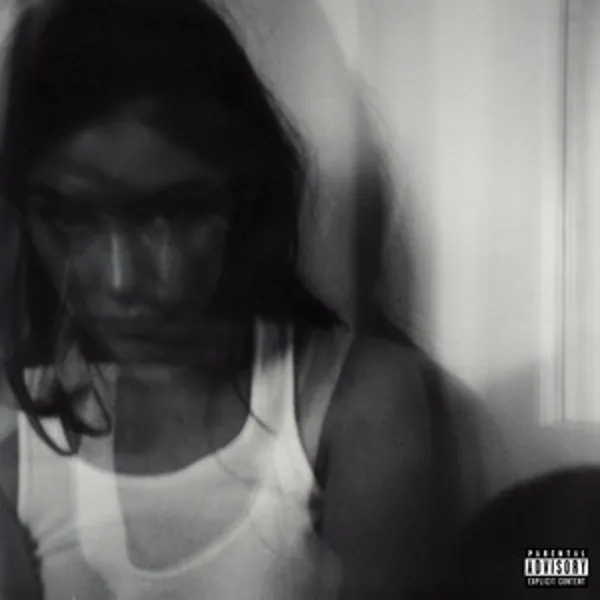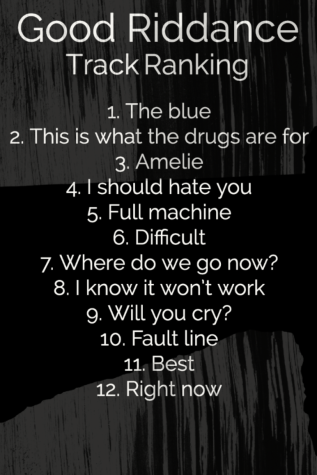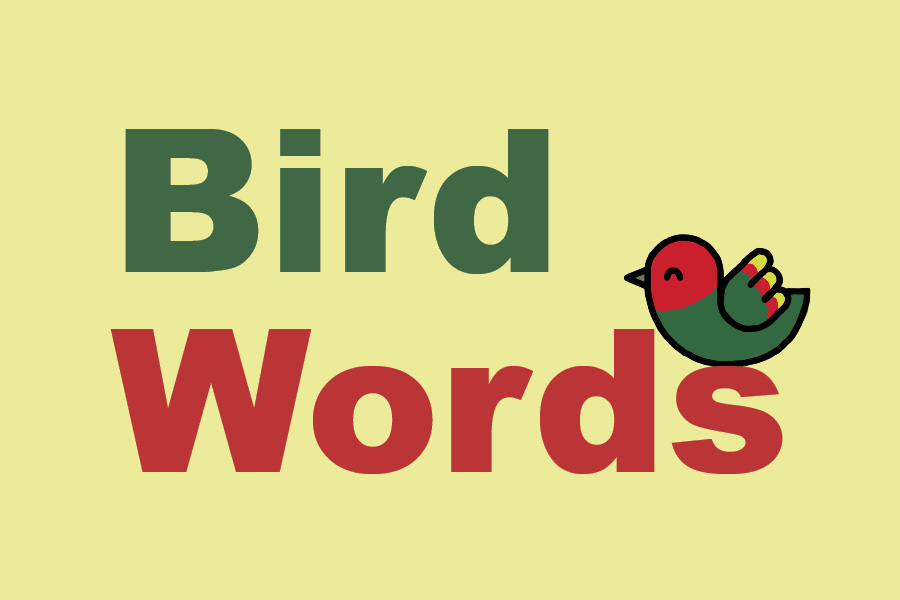REVIEW: Good Riddance
Assistant photo editor Mallory Thompson reviews Gracie Abram’s Good Riddance album

March 7, 2023
Before Gracie Abrams hit the road to open for Taylor Swift on her upcoming “The Eras Tour,” Abrams released her debut album, “Good Riddance.” Produced by Aaron Dessner, this album holds musical resemblances to Swift’s indie-leaning “folklore,” and many works of modern indie-rock icon Phoebe Bridgers.
The first two singles released were not exceptional, but accurately represented the mediocrity of the majority of the album. However, “Amelie,” the third single, is a stripped-back memory of a short interaction with the titular woman. “Where did you go/Amelie, Amelie, Amelie?/Where’d you go?/Or were you all in a dream/Amelie, Amelie?/I don’t know,” chants Abrams’ haunting, begging voice. Abrams’s vocals on this record are whispery and faint with a grungy rasp, and Dessner leaves her intake of breath in the tracks. Hearing Abrams gasp for air between deep, meaningful lyrics gives this album an urgent, desperate quality.
Abrams utilizes metaphors in many of the tracks to portray the role she plays in a relationship. “I‘m a rollercoaster/You’re a dead-end street,” Abrams sings to open “Full machine,” a track that portrays navigating a heartbreak, while still wanting a relationship with an ex; more specifically, the feeling of trying to avoid codependency. “You’re a bad holiday, you’re the drug that I take/When I want to forget how I’m feelin’,” Abrams whispers on “Fault line,” a song that acknowledges the flaws in both partners in a relationship.

“The blue” and “This is what the drugs are for” stand out as quality melancholy bops with excited instrumentals and sharp, poignant lyrics. “The blue” details falling for someone you never meant to fall for, while “This is what the drugs are for” portrays numbing the pain and trying to avoid thinking about someone who hurt you. “I know it won’t work” combs through complicated emotions after a relationship ends such as missing the other person, but knowing you shouldn’t take them back.
In other songs, however, the storytelling that has long been Abrams’s biggest strength gets lost throughout arrangements that bleed together and become indifferentiable from each other. This is particularly evident in “Right now,” “Will you cry?”, and “Where do we go now?”.
All in all, this album has heart wrenchingly beautiful songs, but those are outweighed by its permeating songs that seem to go on forever. Abrams’s knack for storytelling is confusing and delightful, but the vocals are overpowered by sounds that are copy-pasted throughout the album.








